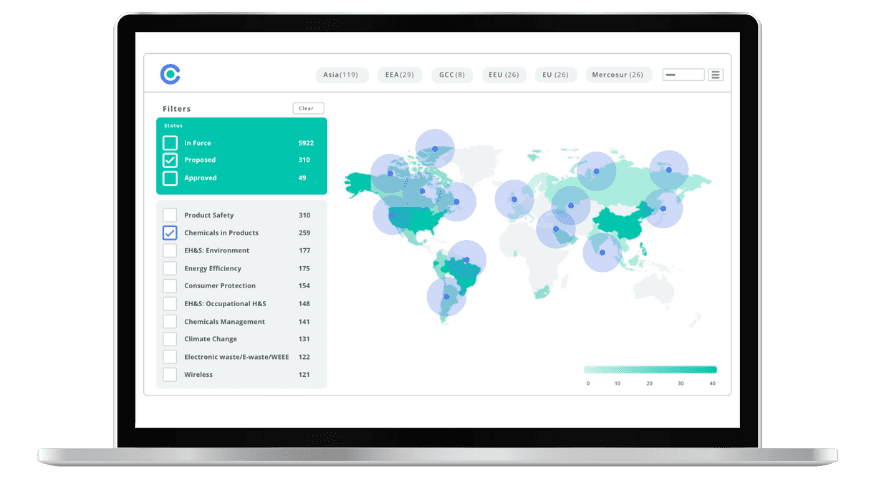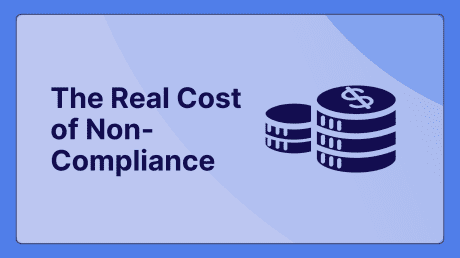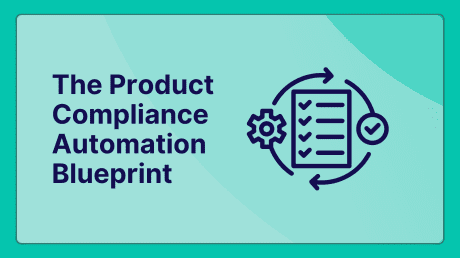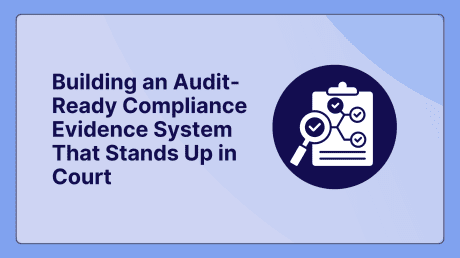
EU to Address Surge in Imports Through Non-EU E-Commerce Platforms

This blog was originally posted on 16th July, 2025. Further regulatory developments may have occurred after publication. To keep up-to-date with the latest compliance news, sign up to our newsletter.
AUTHORED BY JOYCE COSTELLO, SENIOR REGULATORY COMPLIANCE SPECIALIST, COMPLIANCE & RISKS
Non-Compliant Product Sellers Must Not Be Allowed to Evade Regulatory Costs and Undermine Efforts of Law-Abiding EU Businesses, According to the EU Parliament
During the July part-session, the EU Parliament voted on the Committee on the Internal Market and Consumer Protection’s (IMCO) report on product safety and regulatory compliance in e-commerce and non-EU imports. This own-initiative report, though not a formal legislative act itself, is a crucial tool for the EU Parliament to shape the EU’s political agenda and to influence future law-making.
After a vote on the report, the Parliament adopted a Resolution on 9 July 2025, which it is now sending to the Commission for its consideration.
While the Commission has the primary “right of initiative” for most EU legislation, it must consider requests from the Parliament.
In this Resolution, the Parliament outlines its primary areas of concern regarding the proliferation of product imports to the EU through sales on non-EU online platforms, many of which are unsafe. Having outlined the pressing issues, the Parliament is strongly urging the European Commission to take action.
How Is the Rise in E-Commerce Imports Impacting Product Safety and Compliance in the EU?
The Parliament emphasizes that the surge in e-commerce imports, particularly from non-EU countries like China, has exacerbated compliance challenges, especially regarding product safety. Many unsafe and illegal products are shipped to the EU in small parcels, making them difficult for customs authorities to control at entry points and for market surveillance authorities to detect and remove once they reach consumers.
What Are the Suggested Customs Reforms?
- Removal of EUR 150 Exemption Threshold: The report highlights that the current customs duty exemption for low-value consignments (up to EUR 150) benefits non-EU online platforms and is expected to contribute to the rapid growth of e-commerce goods bought by EU consumers from these platforms. This exemption is seen as leading to facilitating the entry of non-compliant goods. The recommended removal of the exemption is surely at least partly inspired by the similar crackdown on the US de minimis exemption, where certificates of compliance for all imported products subject to a mandatory safety standard must be efiled from 8 July 2026.
- Advanced Screening Technologies: The Parliament suggests that technologies like AI and blockchain can significantly enhance customs and market surveillance authorities’ capacity to flag high-risk shipments and automate compliance checks, directly contributing to identifying unsafe products.
- Expansion of the “Deemed Importer” Concept: According to this concept, under the Union Customs Code an online platform assumes certain fiscal responsibilities of the importer.
The Parliament is lending its support for the EU Commission’s proposal of a wider scope of application, covering non-fiscal obligations. This would relieve consumers of this burden and ensure that these entities are accountable for compliance with product safety standards as well as customs-related issues for goods sold online from outside the EU.
Enforcement of the Digital Services Act (DSA) and General Product Safety Regulation (GPSR)
As we discussed in our blog in May, the EU’s Digital Services Act (the ‘DSA’), in effect since 17 February 2024, increases obligations on online marketplaces to ensure the safety and legality of products sold on their platforms by making them more responsible for the traders they host and requiring them to take action against illegal and unsafe listings.
Obligations under the DSA complement the due diligence requirements introduced under the GPSR in enhancing consumer protection in the age of the digital market. Under the GPSR, both providers of online marketplaces and companies selling their products on those online marketplaces (economic operators) have legal obligations, ensuring a comprehensive safety net addressing both the product’s compliance and the channels through which it reaches consumers.
The EU Commission itself has been flexing its investigatory powers under the DSA, recently making its 3rd preliminary finding of breaches of the Digital Services Act (‘DSA’) by a very large online platform, specifically, the obligation to assess and mitigate risks related to the dissemination of illegal products under the DSA.
The Resolution makes it clear that the Parliament also wants enhanced scrutiny of online marketplaces, and has identified a number of angles from which it believes this can be achieved:
Increased Resources and Cooperation for Market Surveillance
- The report urges Member States to increase funding and resources for market surveillance, customs, consumer protection, and digital services authorities to address unsafe and illicit products. It also calls for stronger cooperation, information sharing, and data exchange between competent authorities.
Digital Product Passport (DPP)
- The swift implementation of a mandatory DPP for critical products sold online is deemed essential to strengthen the enforcement of existing legislation. It would include detailed quality and compliance data, integrated into the EU customs data hub, allowing for pre-screening of products before they enter the single market.
Traceability of Sellers and Products
- The report highlights the need for online platforms to make best efforts to ensure full traceability of sellers and products, preventing listings without verified product compliance details. The Parliament also asks the Commission to ensure that online marketplaces establish a single point of contact and register with the Safety Gate Portal as mandated under GPSR. It also calls for reinforced traceability and transparency requirements for non-EU e-commerce platforms, including tax and customs identification for every shipment.
Identification of the Responsible Economic Operator
- The report expresses concern that information about the responsible economic operator in the EU for non-EU traders is often incorrect or even missing. The Parliament is proposing a database and accreditation procedure for responsible persons in order to enhance transparency. The Commission is asked to consider introducing a mandatory requirement for non-EU traders to appoint a responsible person in the EU with increased legal and financial liability.
Consumer Awareness and Information
- The report emphasizes the need to inform EU consumers about the dangers of unsafe products and the impact of non-EU online marketplaces, warning against manipulative design techniques and compulsive purchasing behaviors. It recommends awareness-raising campaigns on potential health, privacy, environmental, and competitiveness consequences.
This Resolution is ultimately a strong political signal from the Parliament that robust customs reforms, coupled with stricter enforcement of existing digital and product safety regulations and the adoption of new tools like the Digital Product Passport, are critical to ensuring the safety of products sold to EU consumers via online marketplaces.
It is certainly consistent with Commission President Ursula von der Leyen’s political guidelines for 2024-2029, which stressed the need to tackle challenges with online platforms to ensure a level playing field based on effective customs, tax and safety controls, and of course the Commission’s Communication of 5 February 2025, ‘A Comprehensive EU Toolbox for Safe and Sustainable E-Commerce‘.
So many of the concerns raised in the Resolution are therefore already on the Commission’s agenda, and interested parties are on notice that this political alignment increases the likelihood of imminent reforms.
Curious how the Digital Product Passport will impact your business? Dive deeper into the Digital Product Passport and discover what it means for your compliance obligations.
Stay Ahead Of Regulatory Changes in Product Safety Related to e-Commerce and Non-EU Imports
Want to stay ahead of regulatory developments in product safety related to e-commerce and non-EU imports?
Accelerate your ability to achieve, maintain & expand market access for all products in global markets with C2P – your key to unlocking market access, trusted by more than 300 of the world’s leading brands.
C2P is an enterprise SaaS platform providing everything you need in one place to achieve your business objectives by proving compliance in over 195 countries.
C2P is purpose-built to be tailored to your specific needs with comprehensive capabilities that enable enterprise-wide management of regulations, standards, requirements and evidence.
Add-on packages help accelerate market access through use-case-specific solutions, global regulatory content, a global team of subject matter experts and professional services.
- Accelerate time-to-market for products
- Reduce non-compliance risks that impact your ability to meet business goals and cause reputational damage
- Enable business continuity by digitizing your compliance process and building corporate memory
- Improve efficiency and enable your team to focus on business critical initiatives rather than manual tasks
- Save time with access to Compliance & Risks’ extensive Knowledge Partner network

Chemicals Quarterly – Q2 2025 Regulatory Update
Your Q2 2025 update on key regulatory changes affecting chemicals in products worldwide.








